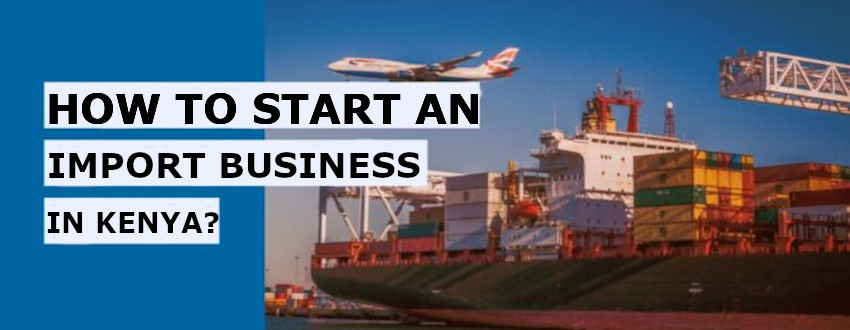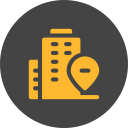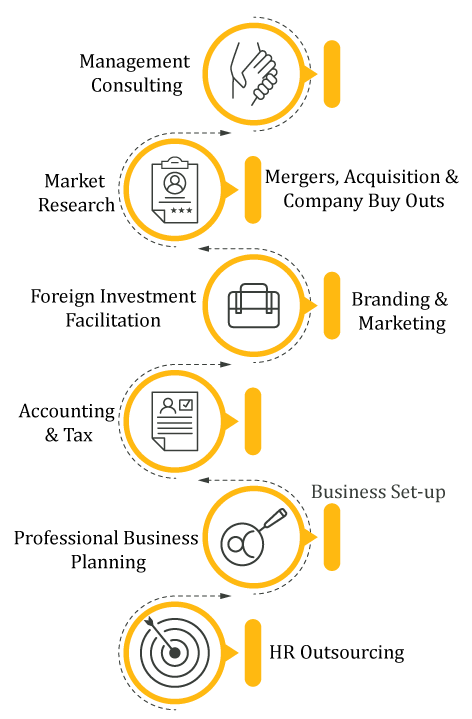How to Start an Import Business in Kenya
How to Start an Import Business in Kenya – Registered companies in Kenya will often need to import products from other countries to operate fully in Kenya. All resident persons and companies in Kenya are allowed to import products in Kenya without much restriction so long as the products conform to the approved standard in Kenya. However, some products like liquor, Drugs / Medical equipment and amour need an additional import license from the Kenya revenue Authority, The Poisons and Pharmaceutical board and the Fire Arm licensing board.
In the recent years, the importation process has been made more efficient by the implementation of modern port management and clearing systems by The Kenya Ports Authority and The Kenya revenue Authority.
The presence of more professional clearing agents across has also made it easy for business owners looking to start an import business in Kenya because they advise clients on the importation process and also guide you on the various forms of taxes payable at the port of entry.
In addition to this, you need to know about the various forms of duties and payable taxes in the country when looking to start an Import Business in Kenya
- Import Duties
These duties depend on the type of item imported and tend to vary between 0%, 10%, and 25%. The taxation amount is informed by the East Africa Community Common External Tariff, which is commonly referred to as the CET. Items which are more sensitive tend to attract a higher taxation rate above 25% and these are listed in schedule 2 of the CET. Thus, you should identify which products fall within the various groups to effectively predict the taxation amount you may be imposed with.
- Excise Duties
This type of levy may be imposed on a product which is considered excisable. The rates for this are described under the Excise Duty Act 2015. Thus, importers should review whether their products fall within the Act to guide the cost of importation.
- Import Declaration Fees (IDF) & Railway Development Levy (RDL)
This document is prepared by the clearing agent and outlines the summary of items imported as well as the documents supporting the goods brought in. Import declaration is charged at 2% and railway development levy is charged at 1.5% on the value of imported items. This is according to the Fees and Levies Act of 2016.
Documents required in clearance
When clearing your imported goods, it is important for you to provide various documents to your preferred clearing agent. Some of the documents are:
- A certificate of conformity (CoC)
- Import standards mark (ISM) on applicable products
- Valid commercial invoice from exporting company
- Valid pro forma invoice from the exporting firm
- Bill of landing for sea cargo and an airway bill for air cargo
- Certificate of origin for the products
- Logbook for motor vehicle
- Freight invoice on sea cargo
- Taxpayer Identification Number or certificate
- Permit or license for restricted items
- Purchase order and contracts
- Packing list
- Exemption letter for exempted goods
- Letter of credit
These documents will enable the clearing agent to approve the release of the products for processing and completion of the goods clearance process.
Of these documents, importers must have the:
- Import declaration form (IDF)
- Pro forma invoice of exporter
- Certificate of Conformity (CoC)
- Pre-Export Verification of Conformity (PVoC)
- Packing List
- Bill of Landing
The required documents have greatly reduced in the recent years due to reforms in the process of importation. This change has made it easier for individuals and companies looking to start an Import Business in Kenya.
We hope that this article answered some of your queries related to Start an Import Business in Kenya, Feel free to reach out to us for more.






